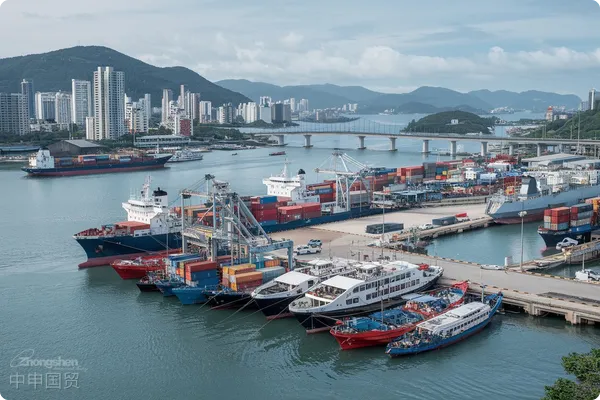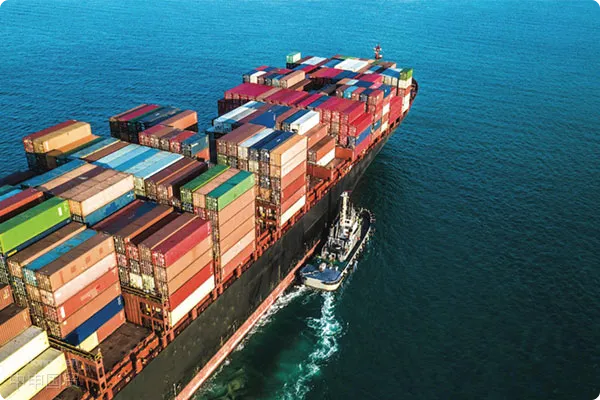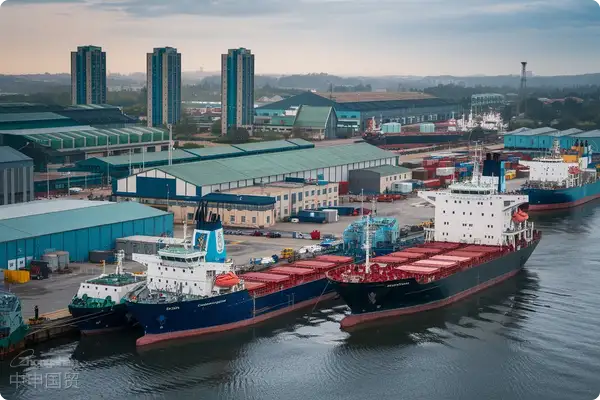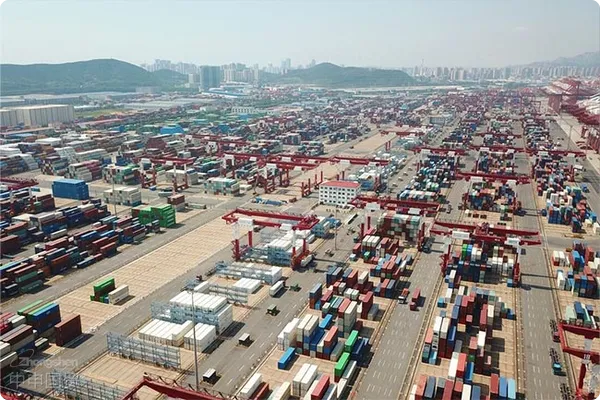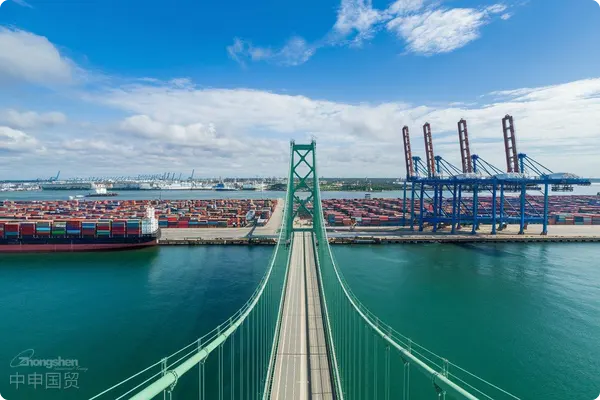- Shanghai Zhongshen International Trade Co., Ltd. - Two decades of trade agency expertise.
- Service Hotline: 139 1787 2118
As a key country in South America, Argentina has long relied on import business as a significant part of its economy. However, the various tax policies, cargo pickup regulations, debt collection matters, and bankruptcy issues associated with import activities pose considerable challenges for businesses and individuals. These challenges require a comprehensive and detailed understanding to navigate the import process smoothly.
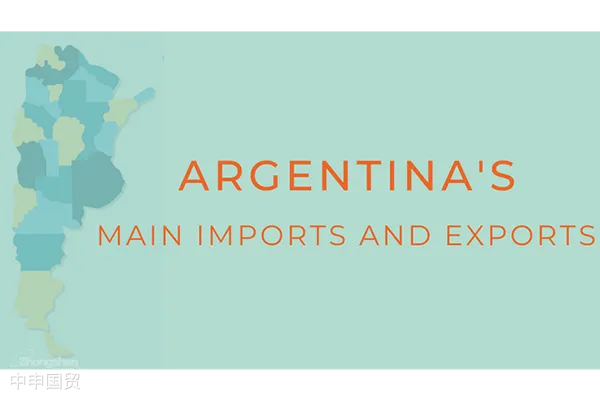
I. Impact of import commodity tax policies
Argentinas import tax policies consist of multiple layers of duties and taxes. These include import tariffs, business taxes, statistical taxes, and excise taxes, all calculated based on CIF (Cost, Insurance, and Freight). Even low-value goods are subject to these taxes. This multi-layered tax system places pressure on importers cash flow and cost calculations, particularly for small and medium-sized enterprises, which must perform more precise tax planning and forecasting.
II. Stringent requirements of cargo pickup policies
(1) Strict bill of lading requirements
Argentina has strict regulations for cargo pickup. All pickups require original bills of lading, whether NVOCC or other types. Telex release and...Maritime TransportationBills of lading are not accepted in this country; only original ocean bills of lading are recognized. This requires...International Logistics...precise and rigorous control over documentation operations.
(2) Mandatory display of HS Code
The HS Code (Harmonized System Code) must be displayed on the ocean bill of lading; failure to do so may result in fines. The full name, address, phone/fax/Tax ID (CUIT NO) of the Shipper/Consignee/Notify party must also be shown. These requirements improve the accuracy of cargo classification and tax calculations but also add to the workload of customs declarants.
(3) Handling lost bills of lading
In Argentina, if a consignee loses a bill of lading, they must go through a series of official procedures to obtain a replacement. While this enhances cargo security, it may also cause delays in cargo pickup.
(4) Storage duration
Goods can only be stored in designated warehouses for up to one year, with an extension possible to two years. Beyond this period, customs may auction the goods to cover all fees and penalties. This requires importers to promptly arrange for pickup after goods arrive to avoid unnecessary losses.
III. Limitations of debt collection from clients
Argentinas debt collection sector lacks extensive regulatory oversight, and there is no dedicated supervisory authority. Moreover, if a client declares bankruptcy, unsecured creditors face significant challenges in recovering debts. This underscores the importance of incorporating robust risk mitigation measures in contracts with clients.
IV. Challenges of bankruptcy-related matters
Argentinas bankruptcy procedures are relatively complex, involving a series of legal processes and proofs. Bankruptcy proceedings can only commence after a court ruling mandates the debtors reorganization or bankruptcy. Debtors or creditors seeking reorganization must submit evidence proving the debtors inability to repay debts upon maturity and demonstrate credible reorganization capabilities.
Reorganization proceedings can only be initiated voluntarily by the debtor. Argentine bankruptcy law stipulates that Argentina cannot invoke reorganization proceedings initiated in another country if doing so would harm the interests of local creditors in Argentine assets.
Related Recommendations
Learn
Contact Us
Email: service@sh-zhongshen.com
Related Recommendations
Contact via WeChat

? 2025. All Rights Reserved. 滬ICP備2023007705號-2  PSB Record: Shanghai No.31011502009912
PSB Record: Shanghai No.31011502009912
